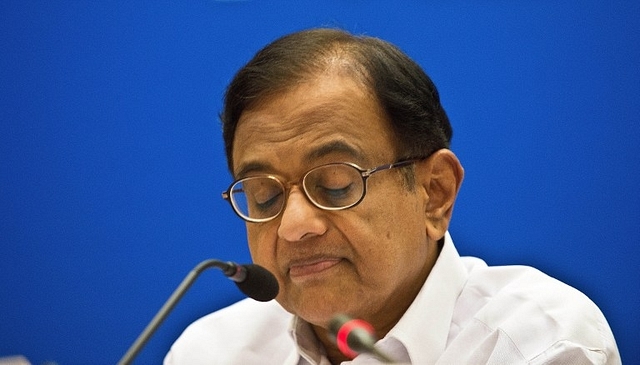
Regulating P-Notes: A Quick Trip Down Memory Lane
Earlier recommendations to ban or curb P-Notes have come to naught
Finance minister Arun Jaitley’s hastily called press conference on Monday to assure foreign investors that the government will not take any `knee-jerk action’ on participatory notes (P-notes) brings a sense of déjà vu.
Jaitley’s presser came after news broke on Saturday that the special investigation team (SIT) on black money had criticised the Securities and Exchange Board of India (Sebi) on the poor monitoring of P-notes.
Eight years back, his predecessor P. Chidambaram had done much the same thing.
A consultation paper by put out by Sebi on 16 October 2007 proposed curbs on P-notes. The markets crashed on 17 October and on 18 October Chidambaram had rushed to soothe ruffled foreign institutional investor (FII) feathers, saying there was no question of banning P-notes.
Jaitley may not want to take knee-jerk action, but there is enough wisdom available to him to make his mind up fast. Government-appointed committees and economic managers have red-flagged this investment route since the early 2000s and made recommendations on how to deal with it. A quick recap:
Among the earliest moves against possible sources of round-tripping of black money – overseas corporate bodies (OCBs) and P-notes – came in 2003. The Reserve Bank of India (RBI), under its new governor Y. V. Reddy, put a blanket ban on OCBs. They were not allowed to make fresh investments through foreign direct investment (FDI) (including automatic route) and in other investments, deposits or loans under the various routes/schemes available to non-residents under exchange control regulations. Meanwhile Sebi had drawn up a code of conduct for FIIs, one of the drafts of which had proposed a ban on P-notes as was widely reported at that time.People involved in the exercise at that time said the RBI and Sebi had close consultations on the matter. But this was later dropped.
In early 2004, Sebi ordered that P-notes should not be issued to any non-regulated entity and the know-your-client (KYC) principle should be strictly adhered to. Non-eligible PNs should expire or be wound down.
In 2005, an expert group on Encouraging FII Flows and Checking the Vulnerability of Capital Markets to Speculative Flows headed by Ashok Lahiri (the chief economic advisor) recommended appropriate regulation of PNs to prevent possible misuse, but did not favour an outright ban.
The RBI’s representative on the expert group submitted a dissent note. This is what the dissent note had to say on P-notes:
“The Reserve Bank’s stance has been that the issue of Participatory Notes should not be permitted. In this context we would like to point out that the main concerns regarding issue of PNs are that the nature of the beneficial ownership or the identity of the investor will not be known, unlike in the case of FIIs registered with a financial regulator. Trading of these PNs will lead to multi-layering which will make it difficult to identify the ultimate holder of PNs. Both conceptually and in practice, restriction on suspicious flows enhance the reputation of markets and lead to healthy flows. We, therefore, reiterate that issuance of Participatory Notes should not be permitted.”
Reddy had, through his tenure, been vocal in his criticism of P-notes, and this had been the subject of a lot of correspondence between the RBI and the finance ministry.
In 2006, the S. S. Tarapore-headed Committee on Fuller Capital Account Convertibility had said this:
“In the case of Participatory Notes (PNs), the nature of the beneficial ownership or the identity is not known unlike in the case of FIIs. These PNs are freely transferable and trading of these instruments makes it all the more difficult to know the identity of the owner. It is also not possible to prevent trading in PNs as the entities subscribing to the PNs cannot be restrained from issuing securities on the strength of the PNs held by them. The Committee is, therefore, of the view that FIIs should be prohibited from investing fresh money raised through PNs. Existing PN-holders may be provided an exit route and phased out completely within one year.”
Two members of the committee, A. V. Rajwade and Surjit Bhalla, had objected to this in their dissent notes.
Noting that the license raj had shifted from the industrial sector to the financial sector, Bhalla argued that `instead of reforming this “license raj”, the Committee, by recommending a ban on P-notes, is recommending a significant move backwards.’
A person who was involved in the discussions around the 2003 Sebi guidelines on P-notes and the Tarapore committee report recalls the late R. H. Patil, founder of the National Stock Exchange (who was a member of the committee) telling him that no FII will have problems if P-notes are banned; the problem was lobbies within India.
It will be interesting to see what line this government takes on the matter, given this history, and Patil’s comments.